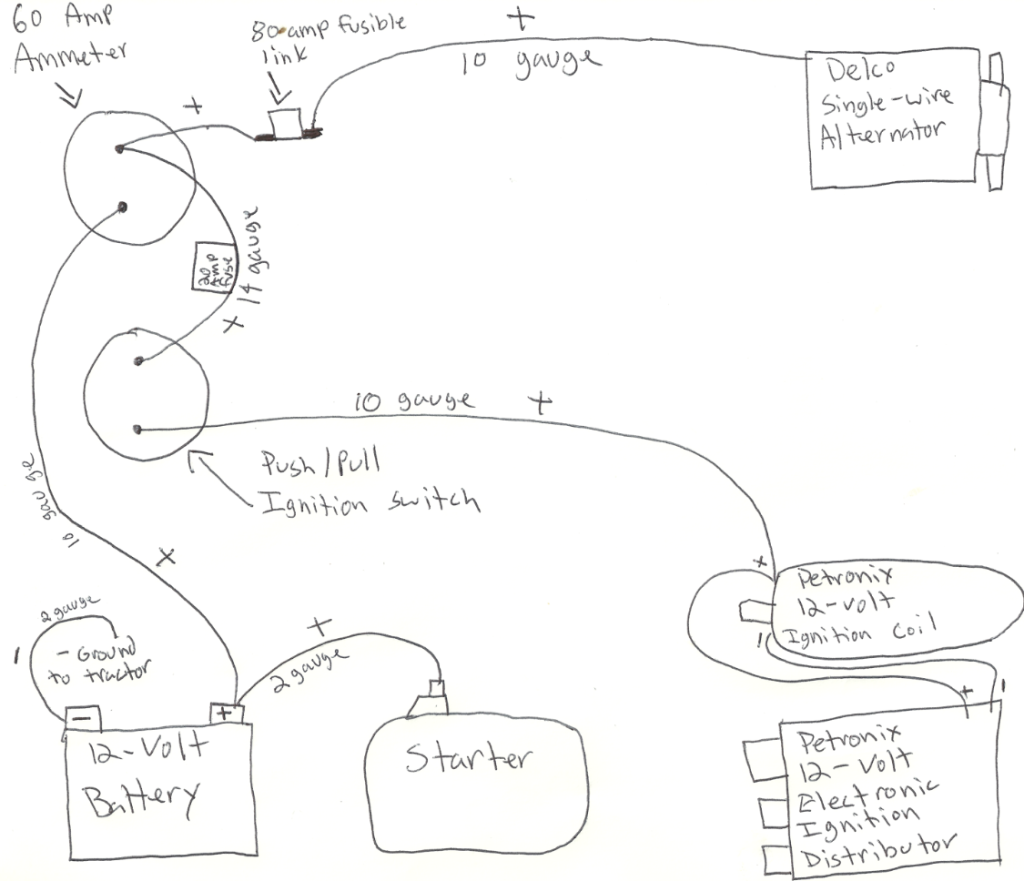I just purchased (what I think is) a 1951 Farmall Super A that was upgraded with a newer C-123 engine (year unknown yet, but researching).
I thank the members of this forum for the help I've received in an effort to determine exactly what I have.
New challenge....
I am interested in upgrading the 6-volt system to a 12-volt system.
Can someone point me to a set of plans which include a specific materials list?
To support this, I am also looking for wiring diagrams. Since this is a hybrid tractor, I may need a wiring diagram for a Super A, AND a later tractor that the C-123 engine was standard on.
Thanks in advance.
I thank the members of this forum for the help I've received in an effort to determine exactly what I have.
New challenge....
I am interested in upgrading the 6-volt system to a 12-volt system.
Can someone point me to a set of plans which include a specific materials list?
To support this, I am also looking for wiring diagrams. Since this is a hybrid tractor, I may need a wiring diagram for a Super A, AND a later tractor that the C-123 engine was standard on.
Thanks in advance.


